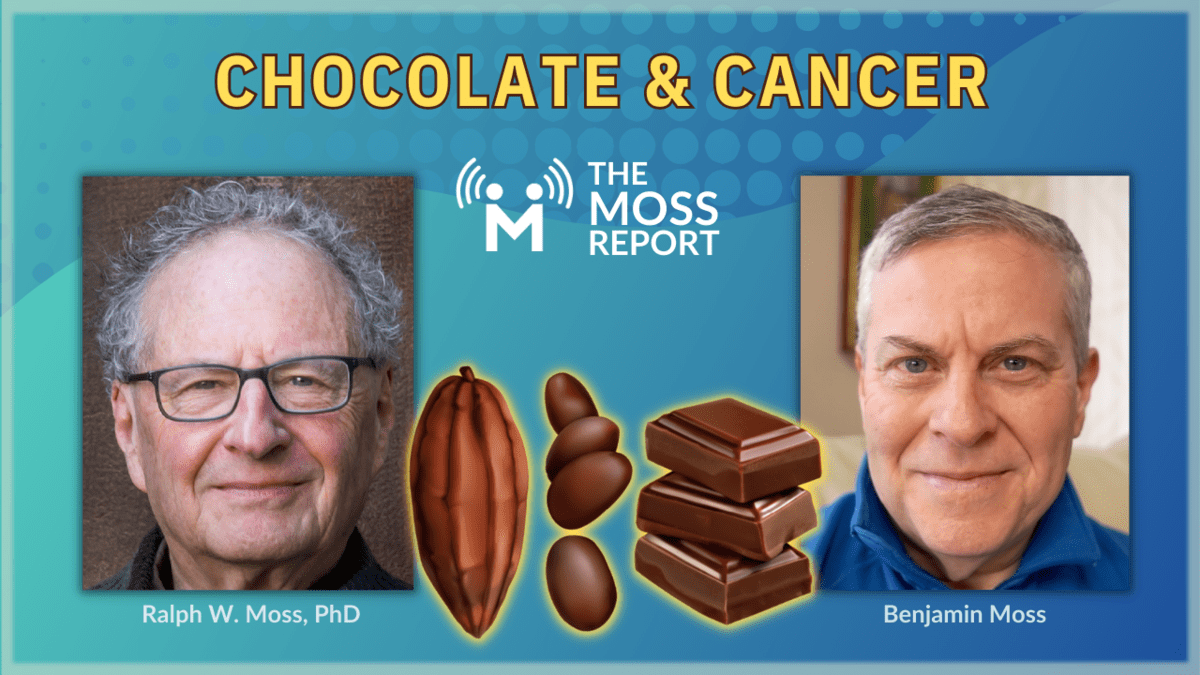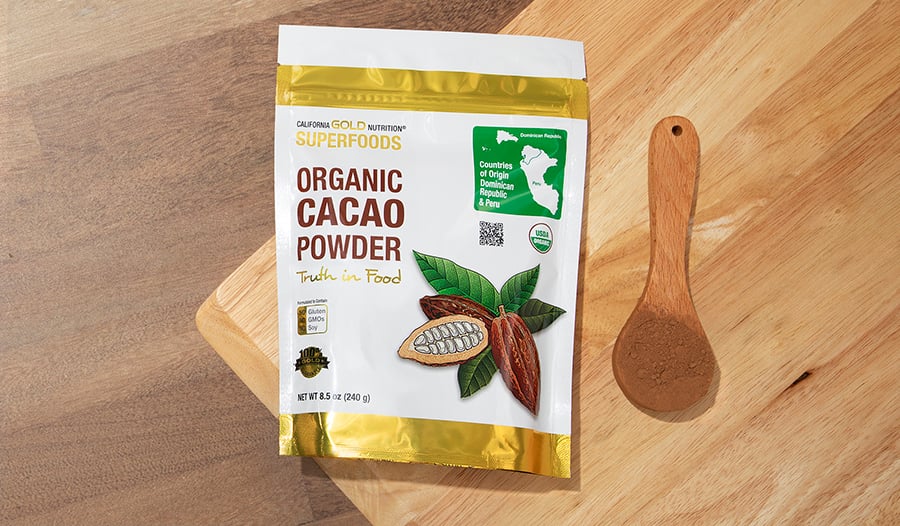Chocolate does contain caffeine, though the amount varies depending on the type of chocolate. Dark chocolate typically has more caffeine than milk chocolate.
Chocolate is renowned for its rich flavor and sweet allure, but many are unaware of its caffeine content. As a treat enjoyed worldwide, chocolate comes from cacao beans, which naturally contain both caffeine and a related stimulant called theobromine. The presence of caffeine in chocolate is often overshadowed by its more dominant traits – its mood-lifting properties and indulgent taste.
Health and wellness circles discuss chocolate for its antioxidant benefits, but for those sensitive to caffeine or looking to manage intake, understanding the caffeine level in different chocolate varieties is important. A typical bar of dark chocolate can contain as much caffeine as a cup of decaffeinated coffee, while milk chocolate has less, making the choice of chocolate a potential factor in both diet and energy management.
The Caffeine Content In Chocolate
Different types of chocolate have varied levels of caffeine. For example, dark chocolate typically contains more caffeine than milk chocolate. White chocolate usually has no caffeine because it doesn’t contain cocoa solids.
Caffeine content can also differ based on the brand and production process. A standard dark chocolate bar might have around 20 to 40 milligrams of caffeine. But this is less than the average cup of coffee, which has about 95 milligrams.
| Type of Chocolate | Caffeine Content |
|---|---|
| White Chocolate | 0 mg |
| Milk Chocolate (1 oz) | 3-6 mg |
| Dark Chocolate (1 oz) | 12-20 mg |
| Coffee (8 oz) | 95 mg |

How Chocolate Gets Its Buzz
Chocolate owes its mild stimulant effects to cocoa beans. These beans contain various levels of caffeine depending on the type. Dark chocolate has more caffeine than milk chocolate. White chocolate, however, has no significant amounts because it lacks cocoa solids.
The processing of cocoa beans can affect their caffeine content. Fermenting, drying, and roasting are key steps. Higher roast temperatures typically reduce caffeine levels. The concentration also varies with chocolate recipes and brands.
Health Implications Of Caffeine In Chocolate
Chocolate contains caffeine, though in much smaller amounts compared to coffee. Eating chocolate in moderation can lead to a mild increase in alertness and energy levels. It is due to the caffeine and the plethora of other stimulants found in cocoa beans. These stimulants can improve mental performance and are known to boost short-term memory and concentration.
Too much caffeine, on the other hand, often leads to unwanted health effects. These can include insomnia, nervousness, restlessness, and an increased heart rate. In chocolate, these effects are rarely severe but should not be ignored. People particularly sensitive to caffeine may experience these symptoms even with small amounts of chocolate.
| Benefits of Moderate Chocolate Consumption | Risks of Excessive Caffeine |
|---|---|
| Increased alertness | Insomnia |
| Enhanced mental performance | Nervousness |
| Improved short-term memory | Restlessness |
| Better concentration | Increased heart rate |

Choosing The Right Chocolate For Your Caffeine Needs
Deciphering the labels on chocolate can help you understand its caffeine content. Different types of chocolate contain varying levels of caffeine. Dark chocolate typically has more caffeine than milk chocolate. By checking the percentage of cocoa on the label, you can get an idea of the caffeine level. Higher cocoa percentages mean more caffeine.
| Type of Chocolate | Caffeine Content |
|---|---|
| Milk Chocolate | Less Caffeine |
| Dark Chocolate | More Caffeine |
Remember, smaller amounts of dark chocolate can still meet your caffeine needs. Always check the packaging to know exactly what you’re getting. Enjoy your chocolate and stay informed about your caffeine intake!
Myths And Facts About Chocolate And Caffeine
Many believe that all chocolate contains high levels of caffeine. This is not entirely accurate. The truth is, caffeine content in chocolate varies depending on the type.
For instance, dark chocolate generally has more caffeine than milk chocolate. White chocolate, on the other hand, contains no caffeine, because it lacks cocoa solids. A typical dark chocolate bar can have as much caffeine as a can of cola.
Another common belief is that chocolate is a great source for a caffeine boost. Yet, the caffeine in chocolate is usually less than a regular cup of coffee. In fact, coffee often contains over three times more caffeine than dark chocolate.
Some think ‘the darker the chocolate, the higher the caffeine.’ This isn’t always true. Cacao content plays a role, but processing and ingredients also affect caffeine amounts.

Frequently Asked Questions On Does Chocolate Have Caffeine
Which Has More Caffeine Chocolate Or Coffee?
Coffee typically contains more caffeine than chocolate. A regular cup of coffee can offer upwards of 95 mg of caffeine, while chocolate has less, with dark chocolate averaging about 12 mg per ounce.
Can You Eat Chocolate If You Can’t Have Caffeine?
Yes, you can eat chocolate even if you’re sensitive to caffeine, but choose white or certain milk chocolates, as they typically contain less caffeine than dark chocolate. Always check the label for caffeine content.
Can Chocolate Keep You Awake?
Yes, chocolate can keep you awake due to its caffeine content. Darker chocolates generally contain more caffeine, which stimulates the nervous system.
Does Dairy Milk Chocolate Contain Caffeine?
Yes, dairy milk chocolate contains caffeine, generally ranging from 5 to 20 milligrams per 1. 55-ounce serving.
Conclusion
Wrapping up, it’s clear that chocolate does contain caffeine, albeit in varying amounts. This is crucial info for caffeine-sensitive individuals. Opt for white or milk chocolate to minimize intake. Remember, moderation is key in enjoying chocolate’s delights without overindulging in caffeine.
Deliciously informed, you’re now ready for a guilt-free indulgence!

